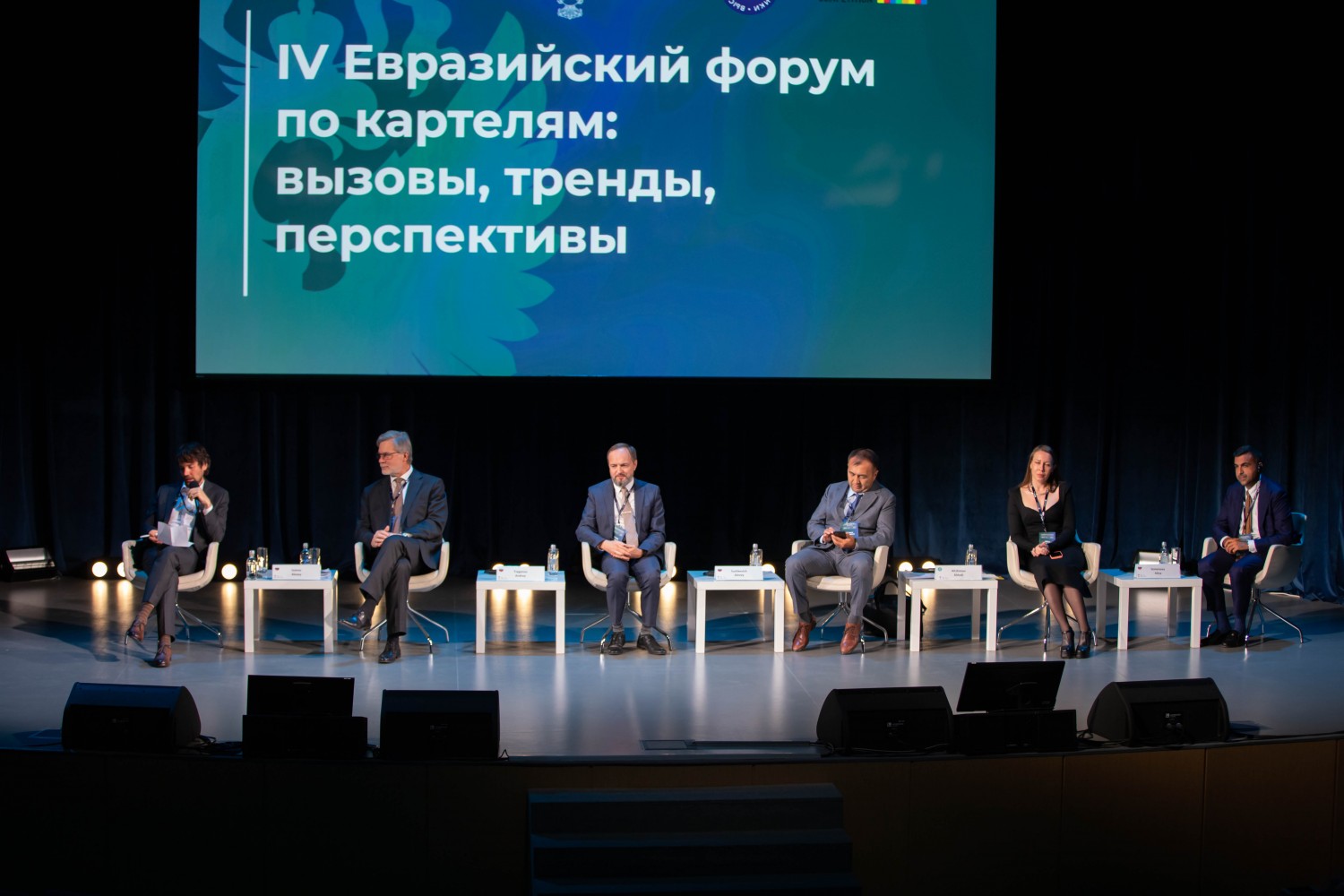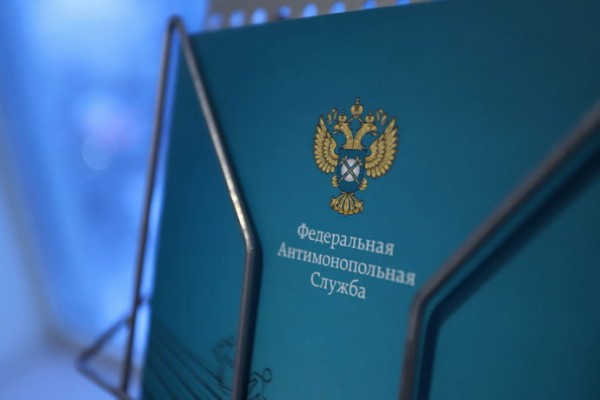On October 5, the Higher School of Economics hosted the IV Eurasian Anti-Cartel Forum, co-organized by the FAS of Russia, the BRICS Competition Law and Policy Centre and the Association of Antitrust experts.
Economic globalization is accompanied by an increasing number of restrictive business practices by individual market participants, largely by transnational corporations, which adversely affect international trade. One type of such anti-competitive practices is cross-border cartels, which affect several countries and sometimes entire continents. According to statistics, their number is also increasing.
The forum participants discussed the problems and prospects of cartel enforcement at the national and supranational levels, and considered the specifics of antitrust regulation within the EAEU, CIS and BRICS. Special attention was paid to the problems of fighting cartels in the digital economy, in particular, the digitalization of the cartel detection process and the use of digital tools in proving anticompetitive agreements.
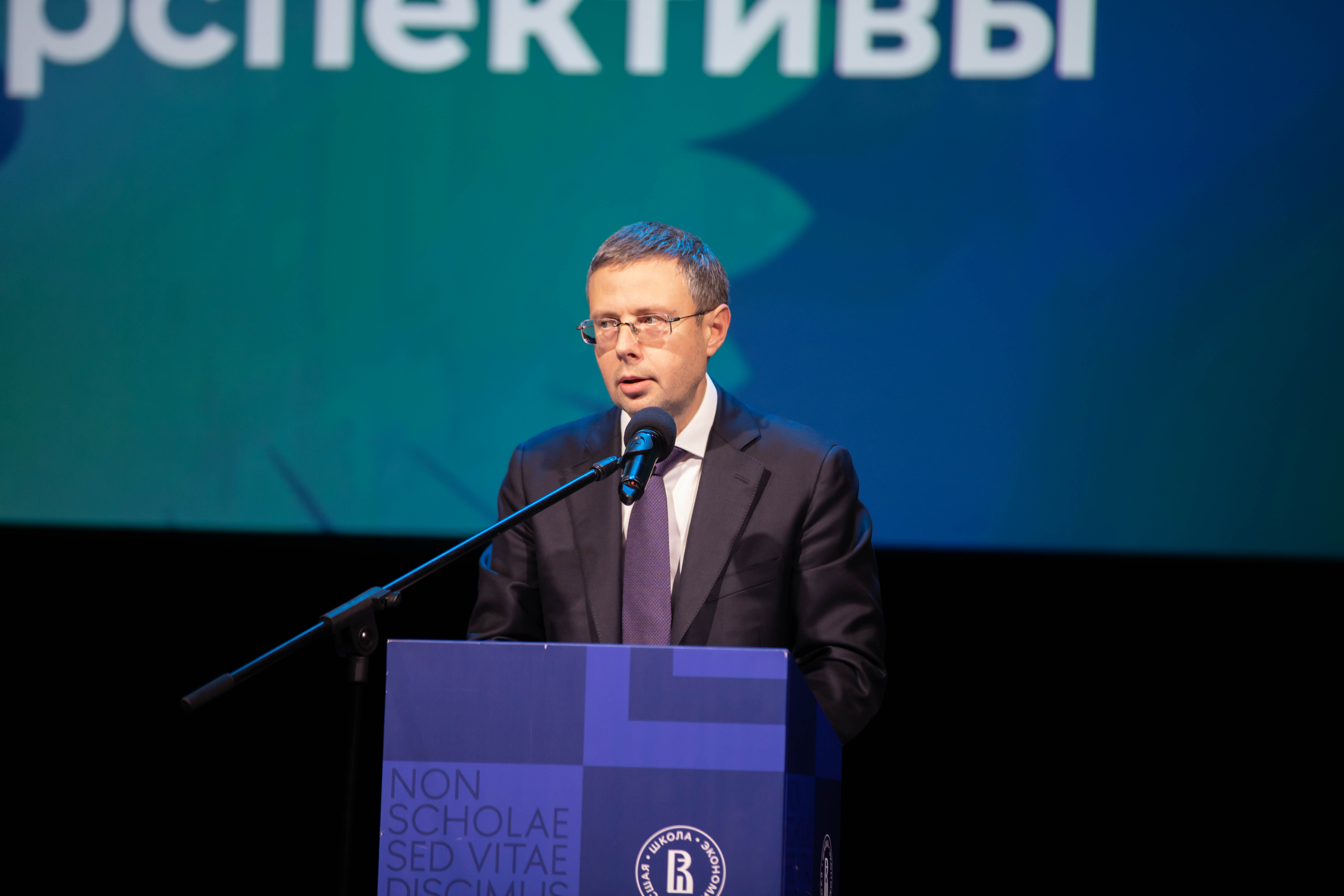
In his welcoming speech, Maxim Shaskolsky, Head of the Federal Antimonopoly Service (FAS) of Russia, noted that, according to estimates of the scientific community, in Russia the damage from cartels in the sphere of state and municipal procurement alone reaches 2% of GDP per year, and the average amount of damage from bidding-rigging is 20-22% of the initial price of the contract. In order to strengthen work to counter cartels, FAS Russia emphasizes the following key areas:
- Suppression of anticompetitive agreements at auctions, including in the implementation of National Projects
- Combating price collusion on socially important commodity markets;
- Digitalization of the fight against cartels
- Improving the efficiency of cooperation with law enforcement agencies.
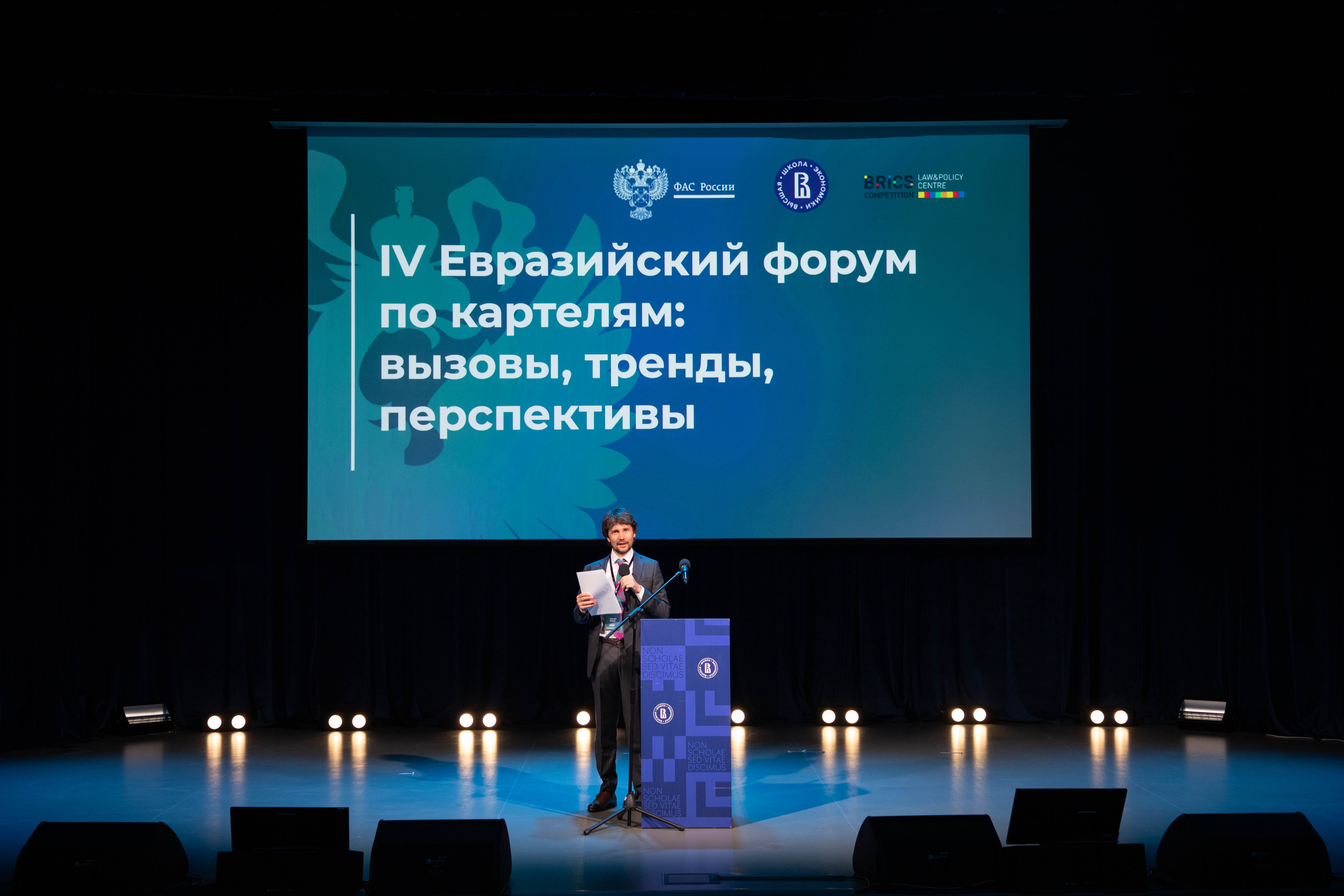
Alexey Ivanov, Director of the International BRICS Competition Law and Policy Centre, who moderated the session "Anti-cartel policy in the EAEU countries: integration or differentiation?", noted that cross-border cartels are the most dangerous type of anticompetitive practices, and effective fight against them is possible only with close cooperation of antimonopoly agencies of the member states of the EAEU.
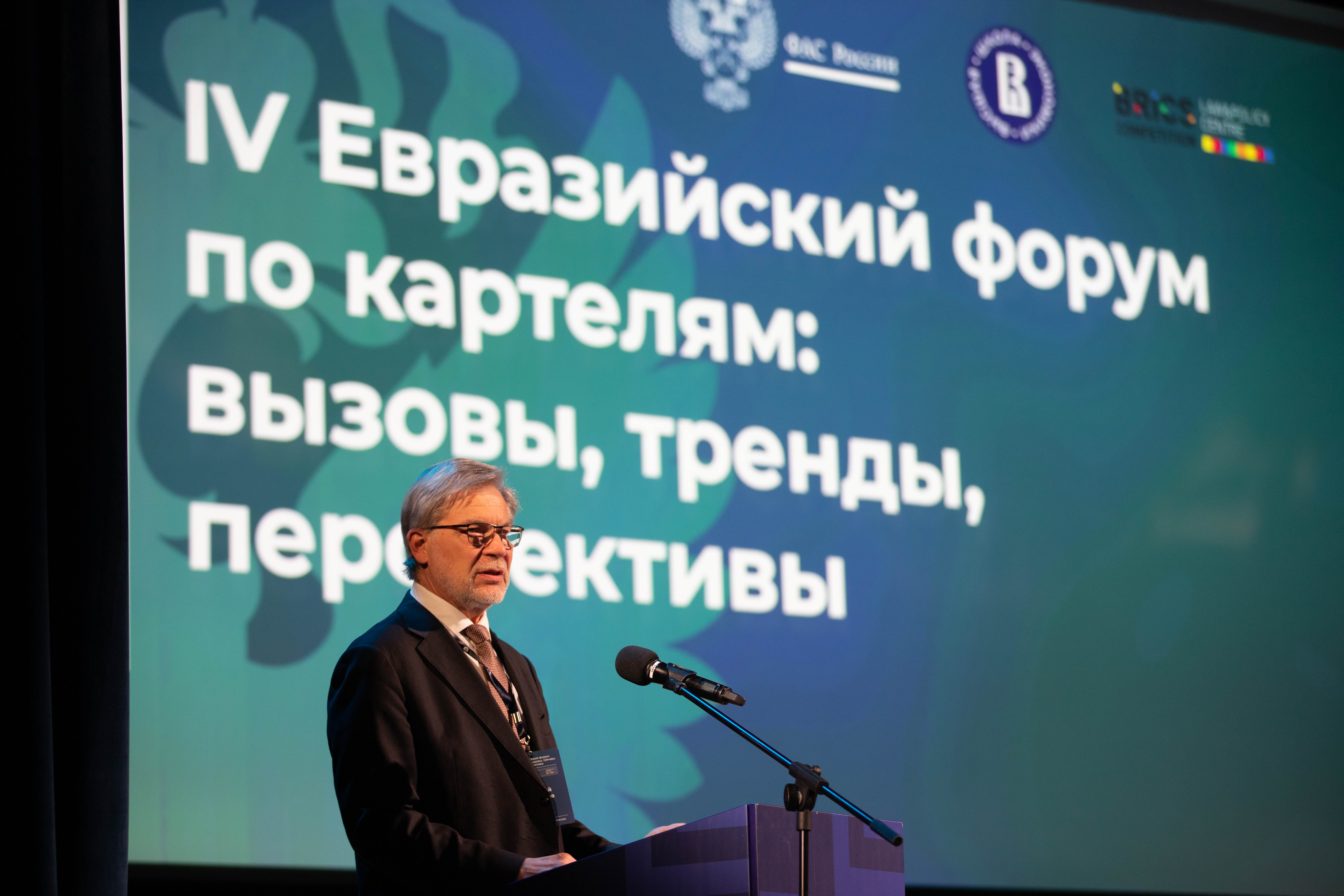
According to UN estimates, the losses of developing countries from cross-border cartels amount to about $50 billion annually, reminded Andrey Tsyganov, Deputy Head of the FAS Russia. Cross-border cartels can operate for decades and affect the most important socially significant sectors of the economy. They are difficult to detect and investigate.
"The problem lies not only in the cunning of cartelists, who are difficult to catch, but also in the imperfection of the legal framework in national states and at the level of international organizations, in the lack of universal mechanisms for cooperation between competition agencies in identifying and suppressing cartel activity,"
Tsyganov said. Thus, in order to successfully investigate them, it is necessary to strengthen international cooperation, coordinate law enforcement and optimize resources, he concluded.
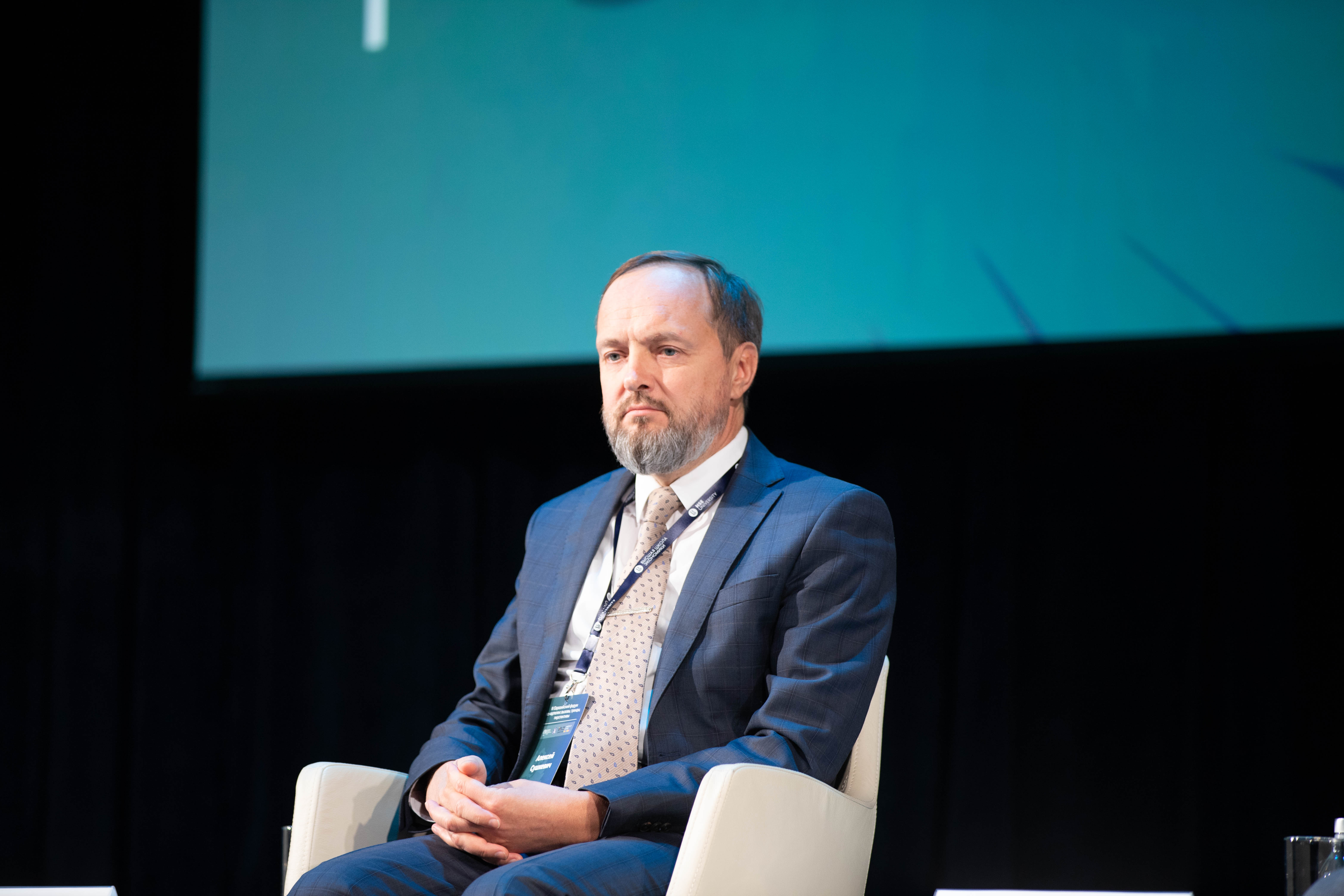
Alexey Sushkevich, Director of the Department for Antimonopoly Regulation of the Eurasian Economic Commission (EEC), also spoke in favor of harmonizing the powers of national antimonopoly authorities. At the moment, the competencies of national agencies are very different, which complicates coordination between them.
"Someone can conduct raids at dawn, someone can not, someone does not leave the office at all, only requests information by phone, someone, to conduct an inspection, must check in with the prosecutor's office and plan everything for a year. Can you imagine the effectiveness of such raids in five countries at the same time on behalf of the EEC, when only two or three months we will agree on everything,"
emphasized Sushkevich.
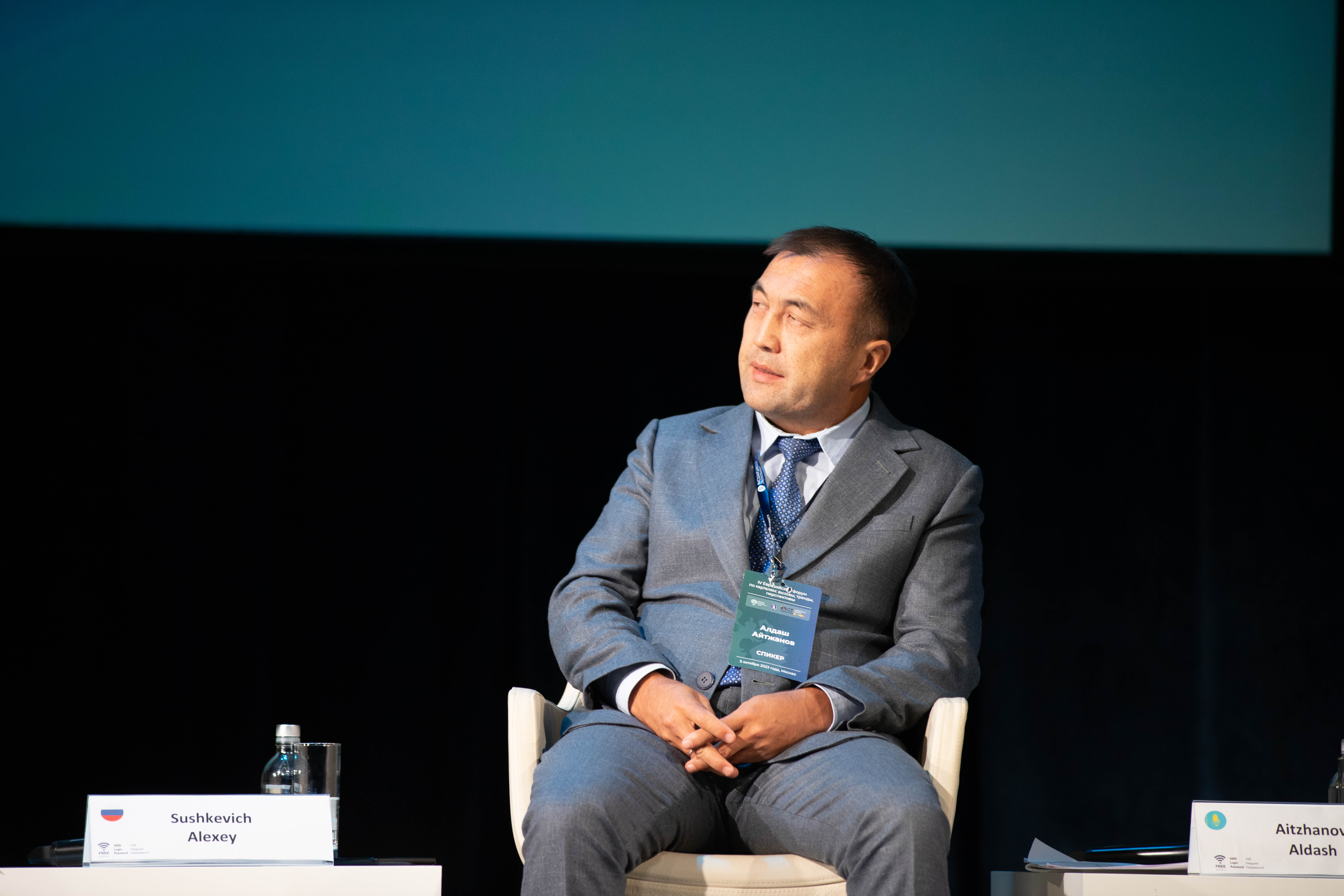
Aldash Aitzhanov, President of JSC Center for Development and Protection of Competition Policy, Chairman of the Eurasian Alliance of Antimonopoly Experts, also mentioned the need to unify the antitrust laws of the EAEU member countries. His colleague, Aidos Abdikarim, Head of Cartel Division of the Investigations Department, The Agency for Protection and Development of Competition of the Republic of Kazakhstan, spoke about the mechanisms for identifying cartel agreements. To improve the efficiency of this process, the Agency and law enforcement agencies of Kazakhstan have concluded a memorandum of cooperation. In addition, taking into account international practice, work is underway to amend the Criminal Code to criminalize only cartel agreements.
"This kind of amendment will make it possible to draw the attention of law enforcement agencies to malicious violations of cartelists and exclude criminal prosecution of businesses for minor violations."
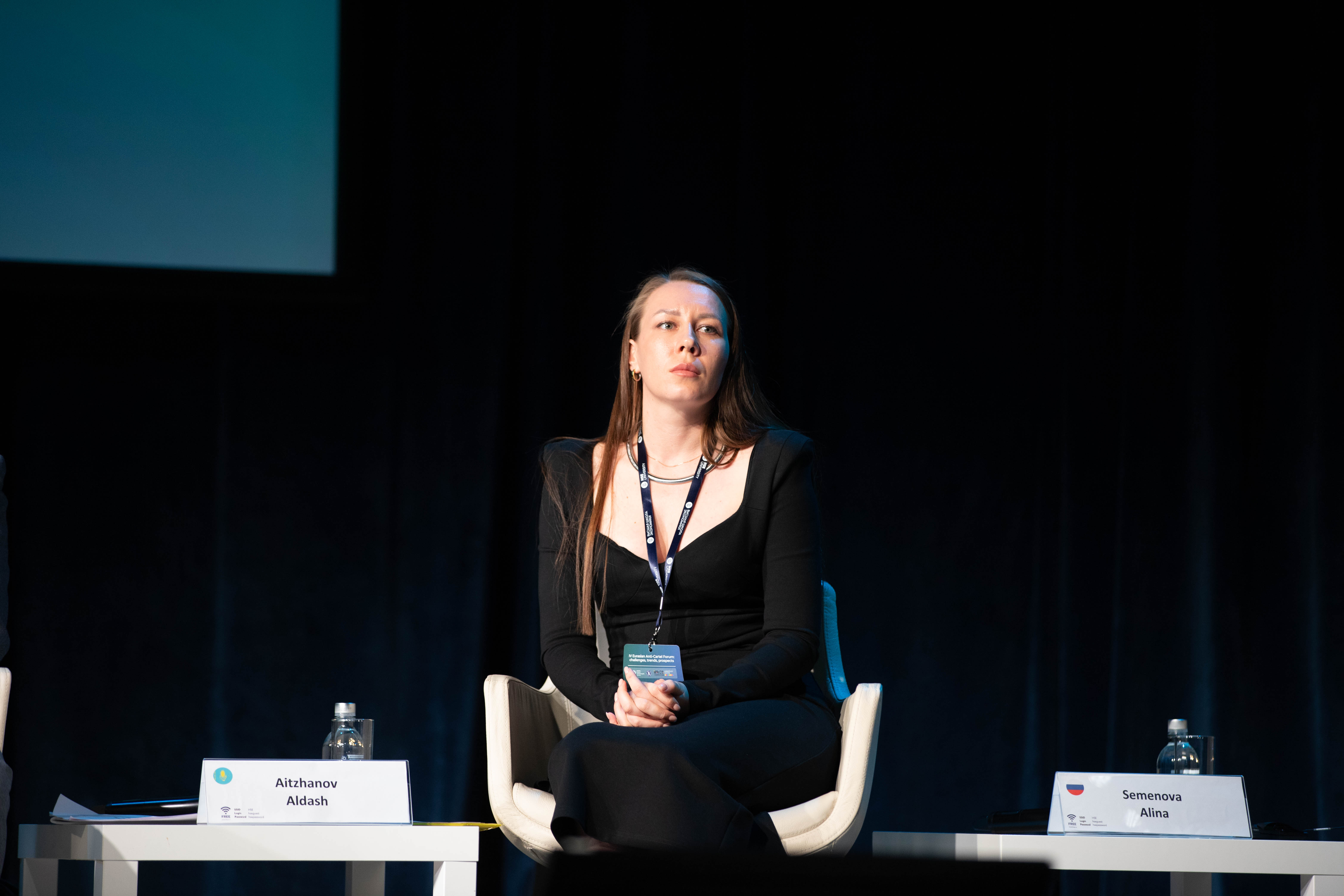
Alina Semenova, Deputy Head of the Anti-Cartel Department of the FAS Russia, told about the latest events held as part of the exchange of experience with colleagues from the EAEU, CIS and BRICS. Antimonopoly agencies hold joint seminars and share best practices and investigation methods with each other.
"It is live communication that allows us to better understand each other, find common ground and dive in detail into the methodology of investigation in each country, learn practical experience and use it both at the level of national investigations and when exercising their powers to suppress anticompetitive practices at the international level."
The importance of the extraterritoriality principle in cross-border cartel investigations was discussed by Maanda Lambani, Senior Investigator of the Cartels Division at the Competition Commission of South Africa. This principle applies to anticompetitive agreements concluded in foreign countries, if such agreements have a negative impact on competition in the markets of South Africa. The Speaker also shared the experience of the Competition Commission of South Africa. Earlier, the South African competition authority uncovered a cross-border cartel in the road transportation market in relation to 62 companies.
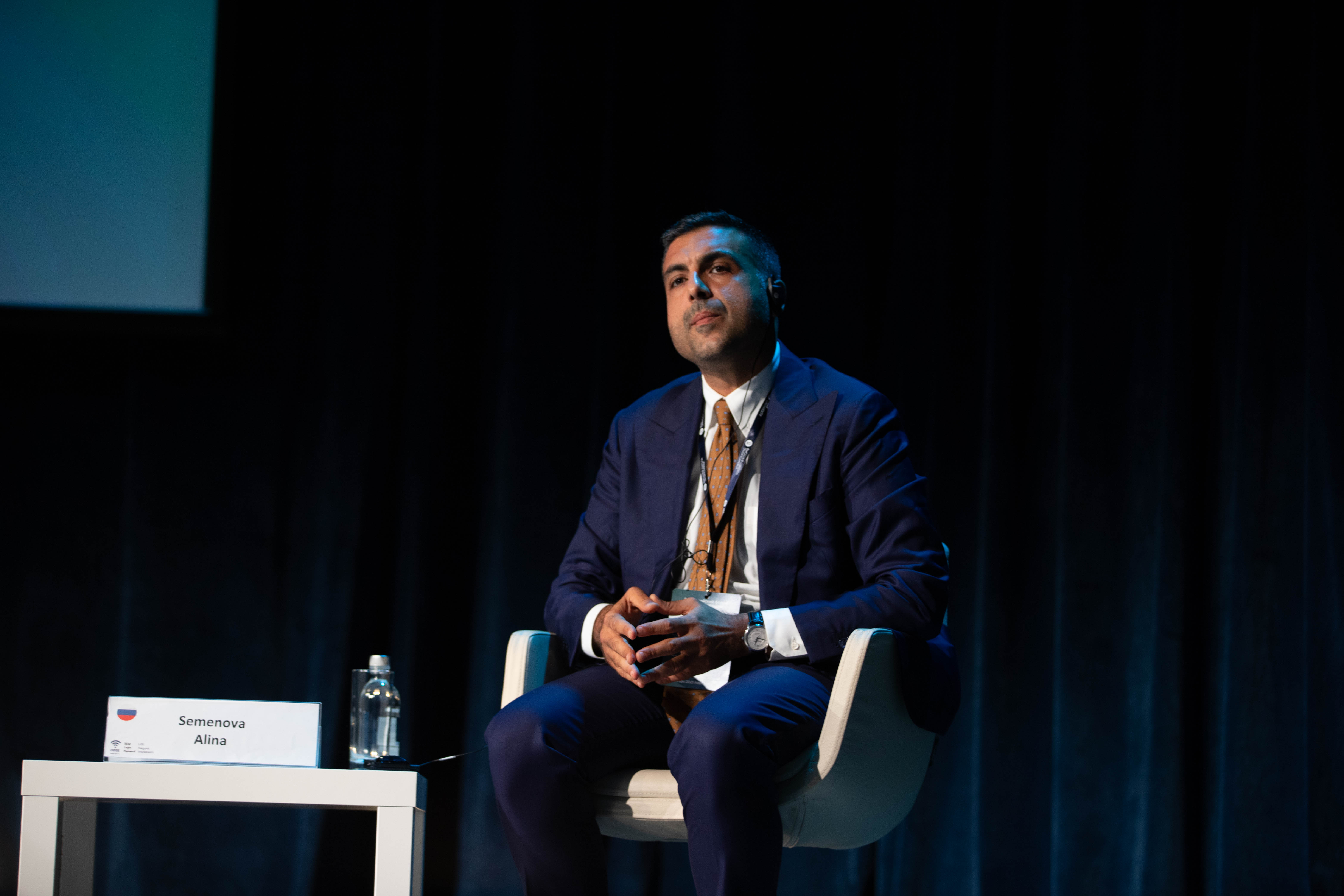
Dr. Gian Marco Solas, Lawyer and Leading Expert at the BRICS Competition Law and Policy Centre, spoke about his work on a book on integrating an economic approach to market analysis with some physics models.
"It was within this sphere that I started seeing the failures of the traditional neoclassical economic approach to anti-cartel enforcement. At this particular stage, given the technologies we have, from artificial intelligence to blockchain and gamification of markets, my approach can be useful to antitrust authorities and lawyers in general."
Participants in the session agreed on the need for new mechanisms to crack down on anticompetitive agreements and greater coordination of anti-cartel activity. There are difficulties on this path, but joint events and discussions, including within the framework of the Eurasian Anti-Cartel Forum, can help resolve them.
Photo Credit: HSE University
